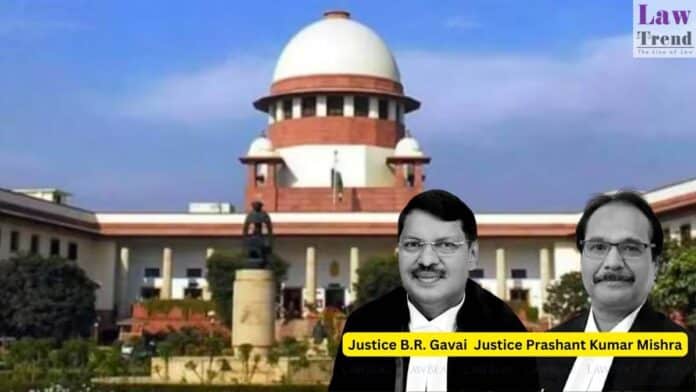In a significant ruling, the Supreme Court of India has held that pension benefits cannot be denied to an employee if their unauthorized absence has been treated as extraordinary leave and their service has been regularized. The landmark judgment was delivered by a bench comprising Justice B.R. Gavai and Justice Prashant Kumar Mishra in the
To Read More Please Subscribe to VIP Membership for Unlimited Access to All the Articles, Download Available Copies of Judgments/Order, Acess to Central/State Bare Acts, Advertisement Free Content, Access to More than 4000 Legal Drafts( Readymade Editable Formats of Suits, Petitions, Writs, Legal Notices, Divorce Petitions, 138 Notices, Bail Applications etc.) in Hindi and English.




